|
After all the deliberation that goes into choosing the right summer camp for your child, many parents want to know what they can expect from the camps they choose. It's summer and time for fun in the sun, so you, of course, want to know your child will have a great time and enjoy what they're doing, but the best camps are the ones that can be a blast while also teaching campers valuable skills they may not even know they're learning. Art camps are not only creative and colorful fun, but can also be a great way to keep your child's brain fresh and exercised during those long summer months. Let's take a look at all the things your child learns while making their beautiful works of art at camp. 1. Artistic Skills and Techniques We’re sure you were hoping that by sending your child to an ART camp that they’d actually pick up some artistic skills and techniques. Not to fear, that’s first on our list! Our art camps are like intensives in each discipline. While we seek to create curriculum that is fun and exciting for kids, we also want to make sure our campers are receiving the best in visual art instruction. In Drawing and Painting camps, campers learn observational skills - how to take what they see in real life and transfer it to their paper. They’ll learn about perspective, about using simple shapes to outline objects, they’ll learn about lighting, and how to add values for depth, they’ll learn about color theory, how to mix colors, and how to use color to hide or enhance objects in their work. Campers learn how to develop their spatial skills in Sculpture and Pottery camps, and how thinking three-dimensionally is very different from 2D. They’ll broaden their sense of what “sculpture” means working with a variety of different materials, and they’ll learn techniques for working with ceramic clay both on and off the wheel. In Mixed Media camp, campers have opportunities to really extend their skills by working with a little bit of everything. Here, we take mediums from different artistic areas and give campers exposure to a variety of learning and skill building in those areas. Campers may discuss color theory and spatial awareness while creating found-object collages, they may practice painting skills and brush control in the same piece that they also learn best practices for using chalk pastels. They may learn how drawing techniques can assist with creating a rubber block prints and how color mixing may determine which colors they choose for inking their prints. In whichever camp your child chooses to attend at Museo Art Academy, you can be sure they are learning and practicing a variety of real artistic skills and techniques – skills and techniques some of our instructors didn’t even learn in their art classes until college. What if they’ve “done this before”? Even if your child has learned and practiced some of these techniques before, our instructors challenge them to take their skills to the next level, expanding their abilities to create more challenging and rewarding works of art.
Creative problem solving is more than just for the art room; it’s a skill that’s gaining more press and discussion for its value in the work force and the tech industry, as reported by numerous studies by the U.S. Department of Education, Bloomberg, and World Economic Forum. Adobe, the company that creates the Adobe Suite, says that according to their survey on creative problem solving to educators and policy makers, “Almost 90 percent of respondents believe students who excel at creative problem solving will have higher-earning job opportunities in the future, and 85 percent agreed that these same skills are in high demand by today’s employers for senior-level and higher-paying careers.” Our camps teach creative problem solving by teaching students to value creativity and to harness its use in problem solving when approaching challenges. 3. How to Take Constructive Feedback Ah, yes, everyone’s favorite skill to cultivate: taking constructive criticism! Okay, so it may not be our favorite skill to actually practice, but we can certainly agree that it’s an incredible important life skill to have, since in order to develop ourselves in anyway, we have to be able to take feedback and learn how to apply it to our situation. Our job as instructors is to help campers understand how to apply the skills they’re learning correctly, and how to make adjustments to their work to make sure those skills are being applied in the right way. We keep our campers to instructor ratio small so that we can give individualized instruction when needed in a helpful and empowering way. We also use our camps to teach students how to evaluate their own work. At the end of the week, if time permits, we have campers go through their work and choose their favorite and least favorite piece they made. They then get to share with the class why they chose each piece, and share where they believe they did well, and where they could have done better. 4. To Try New Things Our camps seek to give campers new experiences in a safe and supportive environment – whether it’s learning how to draw an animal from a picture, or it’s carving a woodblock for print, or it’s manipulating wire to create a wire sculpture portrait, campers are being exposed to new materials and techniques. The more exposure to learning new activities not only creates and strengthens neuron pathways in the brain, but also builds confidence and helps lessen the intimidation of trying new things in other areas of life. The more positive experiences children have with trying new things, the more open to trying something new they will be in the future.
Art camps are a great opportunity for children to push themselves and grow in many different ways over the summer months. Here at Museo Art Academy, we seek to cultivate a love and appreciation of art in each of the students and campers that come through our doors, through making art fun and approachable. Museo Art Academy offers a wide range of art camps at our Issaquah studio for campers to choose from – drawing, painting, sculpture, mixed media, and pottery, with a new project every week. Learn more about our art camps here. Sources not already directly linked in article:
Comments are closed.
|
MUSEO blogSharing our love of art education, one post at a time. Categories
All
|

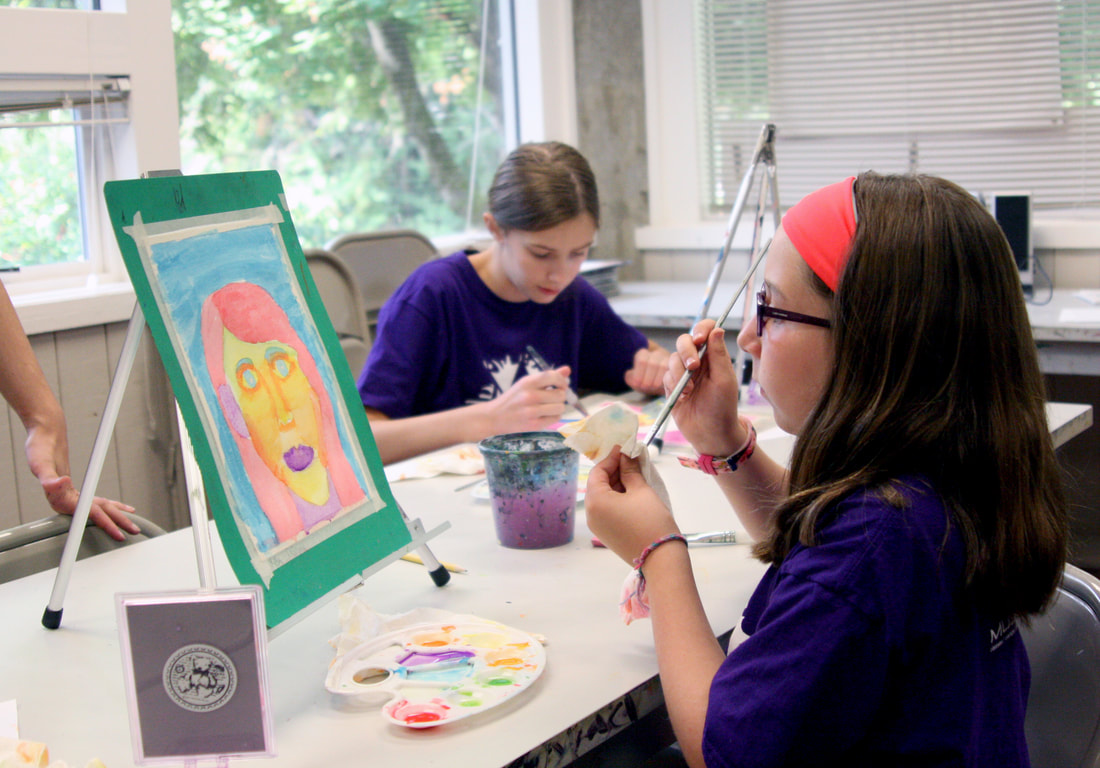
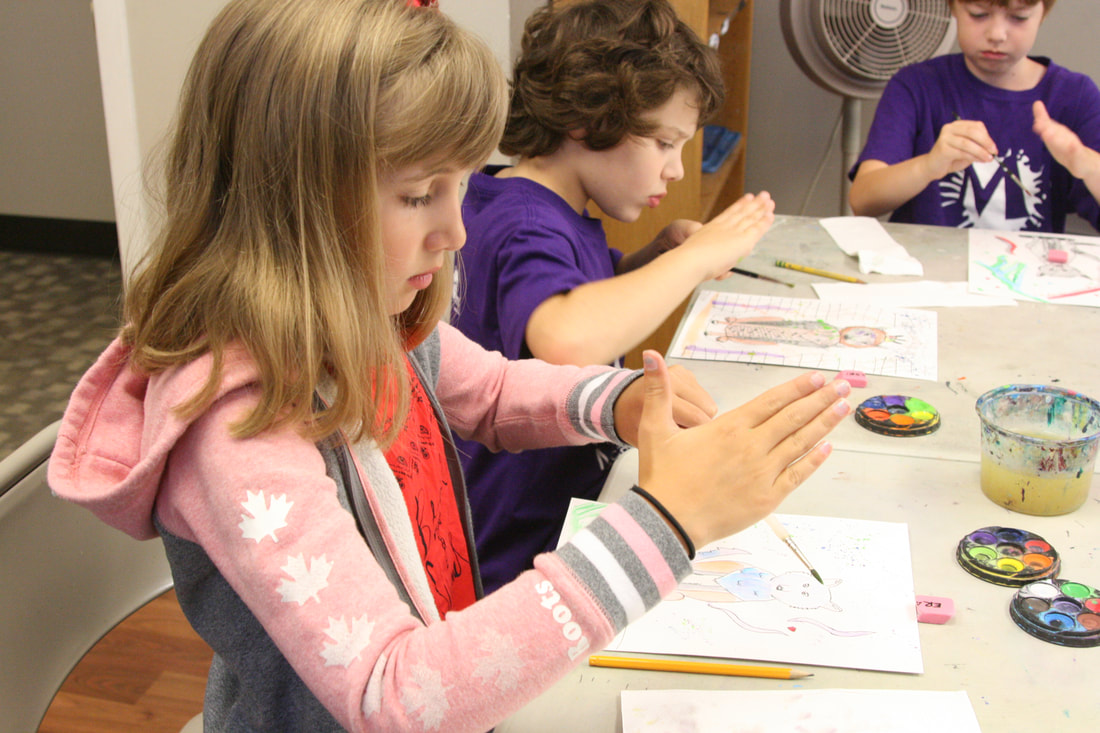
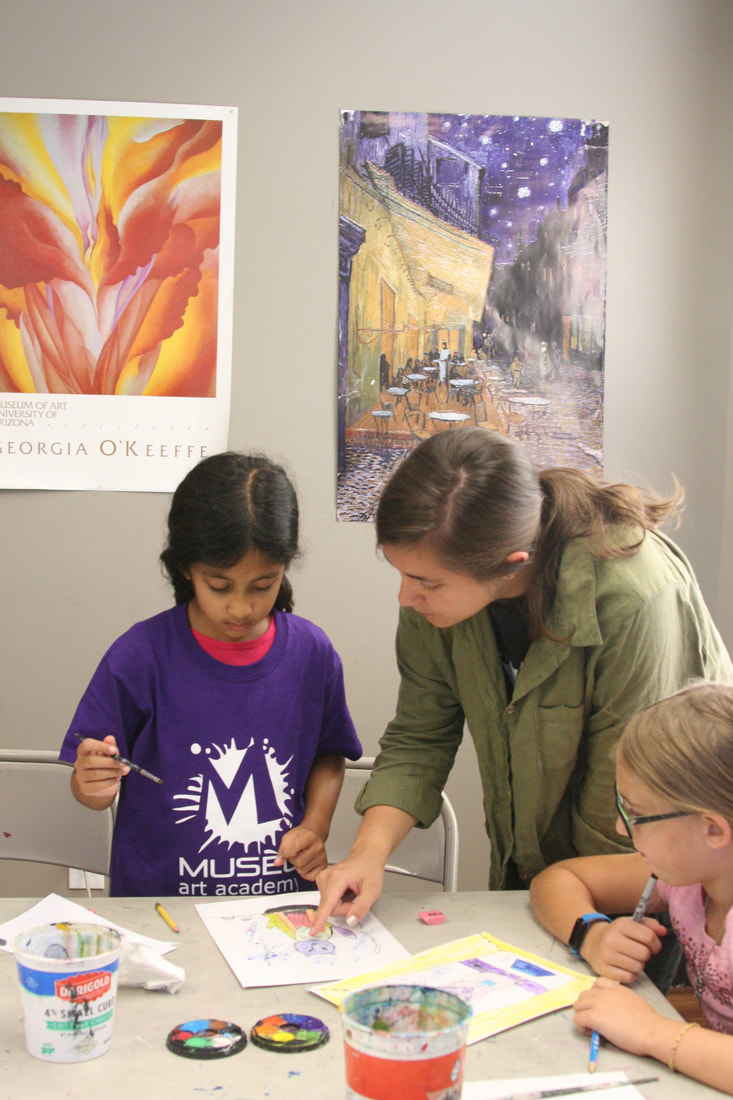
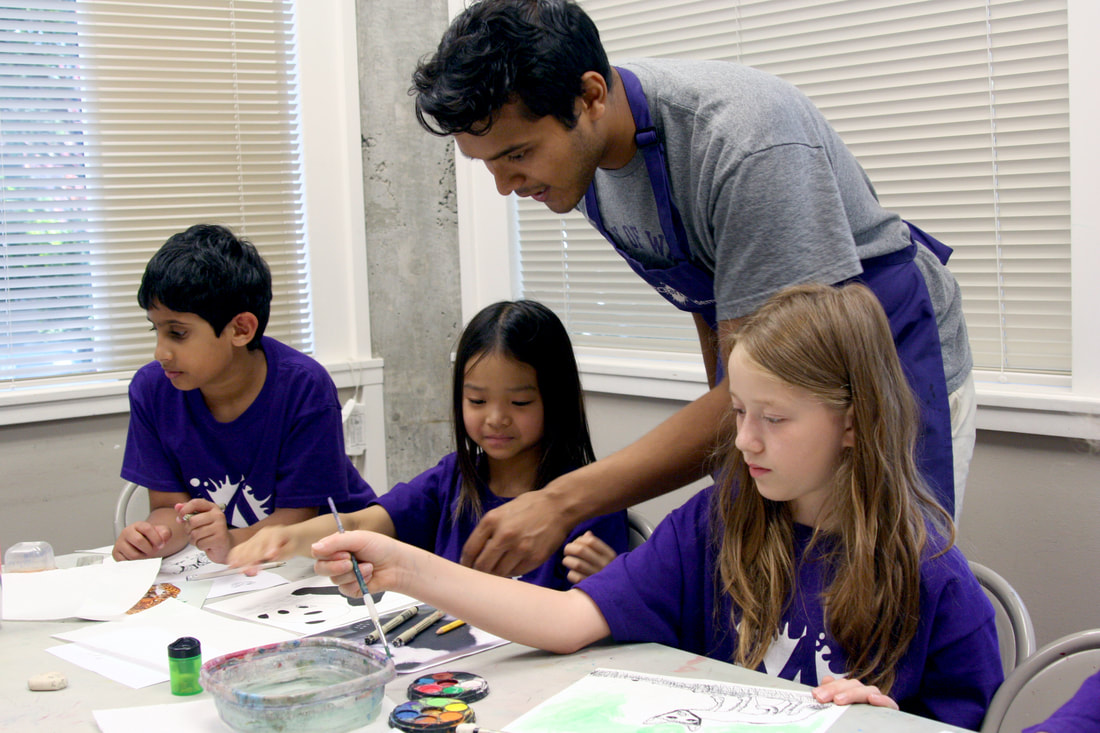
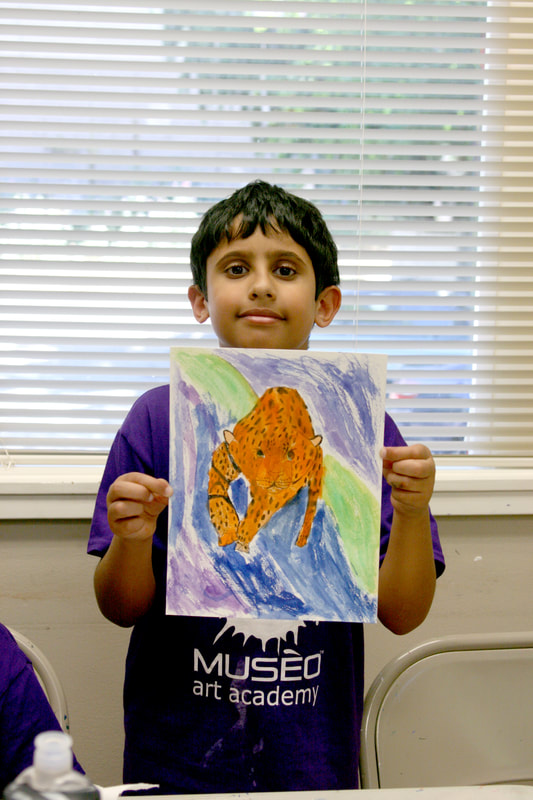
 RSS Feed
RSS Feed